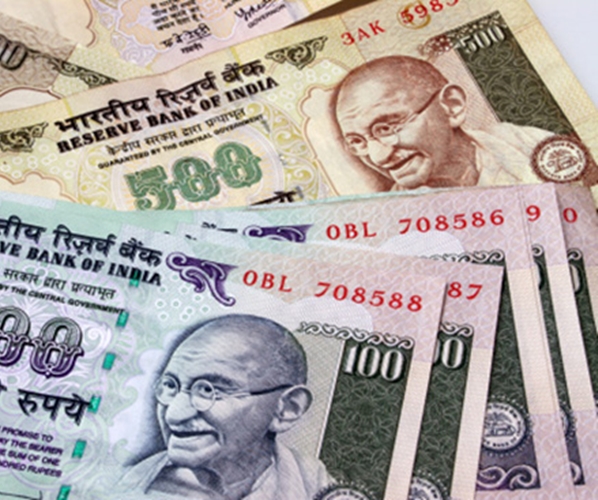At Newsmax: The Law of Unintended Consequences (India Edition)
The war on cash has moved east, opening up a front in India. In November, the Reserve Bank of India, that nation’s central bank, discontinued the use of 500 and 1,000 Rupee notes – about $8 and $16 dollars respectively.
Indians have until December 15th to use these notes, which account for nearly 90 percent of the nation’s circulation, to pay for gas or government provided utilities. They can also exchange them for new 500 and 2,000 notes and deposit them into banks until the end of the year. Then they have until March to deposit them into India’s central bank. After that, the notes still in circulation will be deemed worthless by the government.
Indian Prime Minister Narendra Modi is using the ban as a means to fight corruption and land a blow against “black” money – earnings made in the areas of the Indian economy that avoid taxation. The government plans to examine all large deposits with an eye on tax evasion and hopes to track down large hordes of cash that it has been unable to tax. Though salaried Indians are subject to some of the highest taxes of G20 nations, only a small fraction of Indians actually pay taxes on their earnings because many go to great lengths to avoid doing so.
But very little of India’s ill-gotten income is actually stored in cash. As always, criminals find other places to put their money, such as stashing it abroad or converting it to precious metals. So, predictably, India is now also contemplating banning the importation of gold – India doesn’t produce any itself yet is one of the world’s top two buyers.
More importantly, India’s government hasn’t anticipated the unintended consequences of its actions.
One of these is the societal jitters produced by the demonetization. Citizens have hit the streets to protest the policy. Long lines snake around banks and ATMS. Many citizens are no longer able to buy food. And some farmers, now unable to pay off debts, have even committed suicide. These are signs of spreading chaos in a country’s whose growing economy is cash based.
The other trouble with the tactic of killing cash is that it gives government greater control over its people’s wealth and what they do with it. This then forces freedom-loving people to find alternatives like gold and cryptocurrencies. Bitcoin, for example, commands a 20% premium in India as the tech savvy use it as another alternate store of wealth not controlled by the government.
And even if India bans the importation of gold, increased demand will ensure that a considerable amount will still seep through the nation’s porous borders. It’s also unlikely the government can prevent Indians from exchanging their Rupees for Bitcoin because of the decentralized nature of cryptocurrencies. After all, the free market often finds a way around destructive government action.
The chaos and uncertainty enveloping India confirm that sweeping government interventions often trigger disastrous economic and societal reactions. Far better solutions include cutting taxes, simplifying the tax code, and enforcing ethical behavior among the tax bureaucrats.
Originally published at Newsmax.com on December 4, 2016.
Tags: India, National Bank
Categorised in: News
